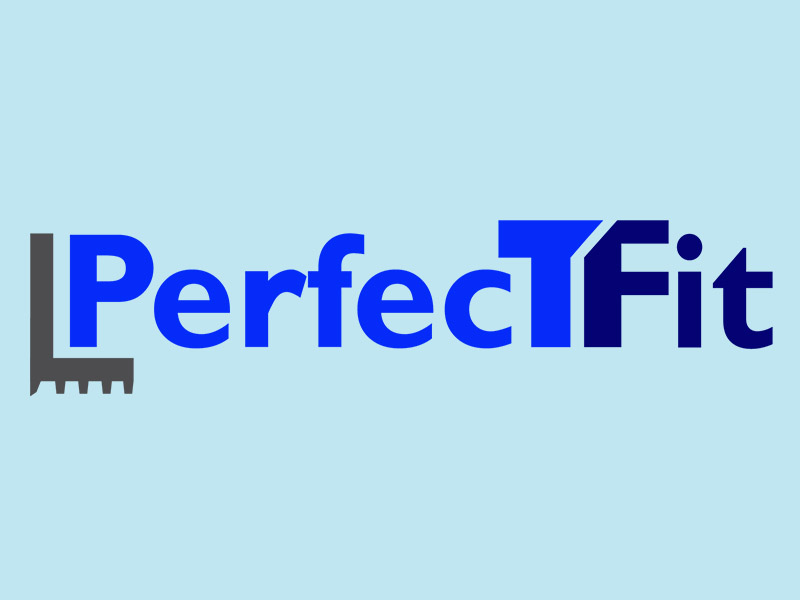In my last article, How to Use AI to Control Your Smart Home, I discussed the changes coming to residential automation with the introduction of AI and processing performed in the cloud. This is bringing advances to smart homes that were the dreams of science fiction only a few years ago. However, with great power comes great responsibility and there is a dark side to the power of AI in a home; privacy.
Anyone watching the news is aware of the near-daily headline of privacy fiascos by major technology corporations. Unfortunately, some of these are the same corporations that are delivering a number of the most advanced AI products for smart homes.
Facebook has had the worst track record of the major technology companies when it comes to the privacy of its customers. In fact, as reported by Digital Trends, during a hearing for a class action lawsuit over the Cambridge Analytica scandal, Facebook’s lawyer, Orin Snyder, said, “There is no invasion of privacy at all, because there is no privacy.” Fortunately, Facebook is also the company with, currently, little involvement in smart homes. Their new smart display, the “Portal,” appears to be initially targeted at video calling; not at the smart home. However, that could change over time, though it is a big question if people will want a camera connecting to Facebook in their homes given the company’s track record with privacy.
An example of how far Facebook goes to learn everything they can about their customers is the recent announcement that Facebook has filed for a new patent. The patent uses data gathered from a user’s photos, posts, and comments to piece together information about their entire household including demographics of the individuals.
Google on the other hand, with their home products, is a significant player in the smart home. Google is a company that works incredibly hard at learning everything it can about you so they can deliver targeted advertising. To show you how far Google is going to learn about their users, they have formed a relationship with iRobot to use the mapping data collected by iRobot’s Roomba vacuums to learn more about the homes that their customers live in. When you combine this with data that is readily available on the internet, including how many square feet a home is, how much it sold for, etc., you can see how much Google will know about the inside of a home through this relationship with iRobot.
At this point you are probably wondering what this means for the integrator, and their customers. I recommended in my previous posts that to help homeowner’s take advantages of new products that include AI, integrators should be recommending these to their customers and integrating them into the systems in their customer’s homes. That being said, to do that integrators need to understand the privacy issues with these products and to communicate those issues to their customers so the customers are capable of making informed decisions on what products they want, and what products they don’t want, in their homes.
To do this, integrators need to read the published privacy policies from the companies whose products they are selling and/or recommending. They also need to keep up on press releases made by these companies to understand what new initiatives the companies may be taking that will impact their customers’ privacy. It is no longer sufficient to just understand the technical advances made by the vendors whose products integrators are selling and/or recommending.
For example, iRobot’s privacy policy says:
“Certain Robot models are equipped to collect information about the environment in which the Robot is deployed. For example, the Robot collects information about its movement throughout the environment to create a location ‘map’ of the space accessible to the Robot. The spatial map is a digital representation of the Robot’s domain and does not include recognizable images from the location environment. To create the map, the Robot converts computer-vision images to abstract features and landmarks to generate a spatial representation of the Robot’s territory indicating the presence of objects, obstacles, floor coverings like carpet or tile, Wi-Fi signal strength, and dirt detection.”
It also says they can share your data as described here:
“Third party vendors, affiliates, and other service providers that perform services on our behalf, solely in order to carry out their work for us, which may include identifying and serving targeted advertisements, providing e-commerce services, content or service fulfillment, billing, web site operation, payment processing and authorization, customer service, or providing analytics services.”
The two above paragraphs show how iRobot is sharing mapping data with Google. The privacy policy shows what data iRobot is collecting and what they are telling their customers they may do with their data. The announcement of the agreement with Google is confirmation of that intent.
This is just an example of how integrators need to step up their game and take steps to understand how the products they are selling and/or recommending may impact a customer’s privacy and make sure they are clearly communicating this.








